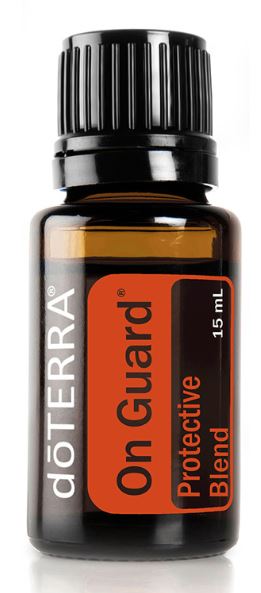Essential Oils for the Cooler Months
A great quick review from the website, Wholistic Matters, enjoy!
It’s hard to find anything as comforting as enjoying a warm cup of tea on a chilly winter’s day, and there are certain herbs which seem to lend themselves especially well to use throughout the colder months of the year. For example, although some leading coffee outlets have popularized heavily sweetened versions, Chai tea and the herbs therein have traditionally been used more as medicine than a recreational beverage. Highly aromatic spice blends found in mulled wine, gingerbreads, broths, and curries are other examples of the flavors and phytonutrients that are often intuitively emphasized during winter for their warming and nourishing effects.
In traditional medical models, part of the physician’s role in healing was to help the patient’s body adjust to the mental and physical changes of the season, viewing what happens within the body as a reflection of the natural world. During winter, shorter days and less sunlight mean that energy and movement slows considerably in nature as animals hibernate and plants conserve metabolic activities within their roots before blooming again in the spring. Physically, the body is also more prone to infections such as colds and flus, and the digestive system is too often bombarded by the unpleasant effects of more frequent holiday indulgences.1
To that end, certain herbs can be particularly well-suited to promote health during the winter months, generally those which are rich in volatile oils, plant compounds responsible for a plant’s distinctive flavor and aroma. When consumed, volatile oils have numerous beneficial therapeutic effects towards the immune, digestive, and nervous systems, often acting as antimicrobials, anti-inflammatories, carminatives, diaphoretics, and nervines. Some excellent choices of volatile oil-rich herbs to use in colder weather are those which are warming and intensely flavorful such as:
- On Guard from Doterra is my favorite blend for Immune and Winter support.
- Garlic (Allium sativum)
- Ginger (Zingiber officinalis)
- Cinnamon (Cinnamonum verum)
- Black Cumin seed (Nigella sativa)
- Tangerine Peel (Citrus reticulata)
- Cayenne (Capsicum annum)
